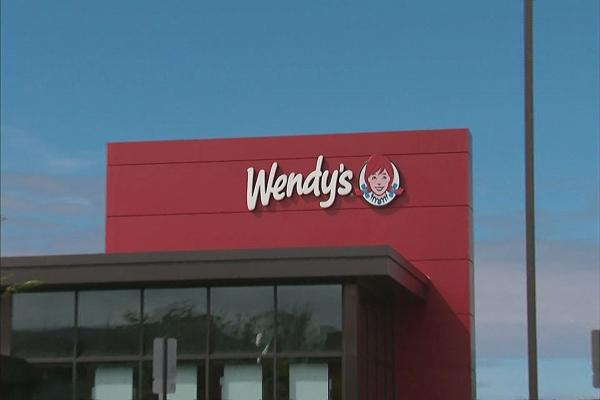-
- Roark Capital Group, the owner of restaurant chain Arby’s, plans to buy Buffalo Wild Wings for $2.4 billion.
- Wendy’s owns about 18.5 percent of Arby’s, with their stake valued at around $325.9 million, as of the third quarter this year.
Buffalo Wild Wings is being acquired by Roark Capital Group, the owner of Arby’s, but burger chain Wendy’s may benefit from the deal, analysts said.
Currently, Wendy’s owns about 18.5 percent of Arby’s, with its stake valued at around $325.9 million, as of the third quarter this year.
That stake could change depending “on how much equity is issued as part of the [Buffalo Wild Wings] deal and whether or not the company participates in that issuance,” said Stifel analyst Chris O’Cull.
“At this point, Wendy’s is evaluating the deal and preserving flexibility,” O’Cull said in an updated research note Tuesday.
Wendy’s declined to provide further detail about its Arby’s stake to CNBC.
“Given our investment position in Arby’s, we are supportive of the proposed transaction,” a Wendy’s spokeswoman said. “As has been our practice, we will provide periodic updates on the value of our ownership stake during our regular financial reporting.”
Earlier Tuesday, the private equity firm Roark Capital said it would buy the chicken-wing chain for $2.4 billion, or $157 per share. Buffalo Wild Wings will become a unit of Roark’s Arby’s and operate as an independent brand.
That news prompted Stifel to do a rough calculation of what that could mean for the value of Wendy’s assets. But those estimates assumed that the size of Wendy’s stake would remain the same, which may not be the case. Stifel later retracted the estimates.
However, analysts said the deal does help Wendy’s balance sheet.
“From a financial perspective, this is good news for Wendy’s as it potentially increases the value of their stake in Arby’s,” said Neil Saunders, managing director at GlobalData Retail. “What they decide to do with that windfall, if anything, remains to be seen – but it strengthens their balance sheet nonetheless.”
O’Cull told CNBC that there are numerous options, including Wendy’s adding to its investment alongside Roark; doing nothing (and watching its stake get smaller), or seeking to exit the investment (which would have tax implications).
Wendy’s shares gained about 2.5 percent Tuesday. But the stock is only up about 3.7 percent in the year-to-date period.
The lackluster year-to-date gains speak to Wendy’s broader issues, which include the need to boost sales. Last quarter, Wendy said sales were hit by increased competition, lower grocery prices and hurricanes, which hurt traffic at restaurants.
The company trimmed its full-year adjusted profit forecast to a range of 43 to 45 cents per share for full-year, from a prior range of 45 to 47 cents per share due to increased tax headwinds.
It also trimmed the higher end of its North American comparable-store sales forecast for the year to 2 to 2.5 percent from 2 to 3 percent.
“Wendy’s is still struggling with sales and this deal will do nothing to change or help that,” Saunders said. “A stronger balance sheet may give them more room to maneuver, but without some changes to marketing and proposition it is hard to see them delivering significantly better results any time soon.”
Correction: An earlier version of this story cited a research note that was later corrected to reflect the potential for Wendy’s ownership percentage to change depending upon how much equity is issued as a part of the Buffalo Wild Wings deal.
Arby’s to buy Buffalo Wild Wings for $2.4 billion from CNBC.

